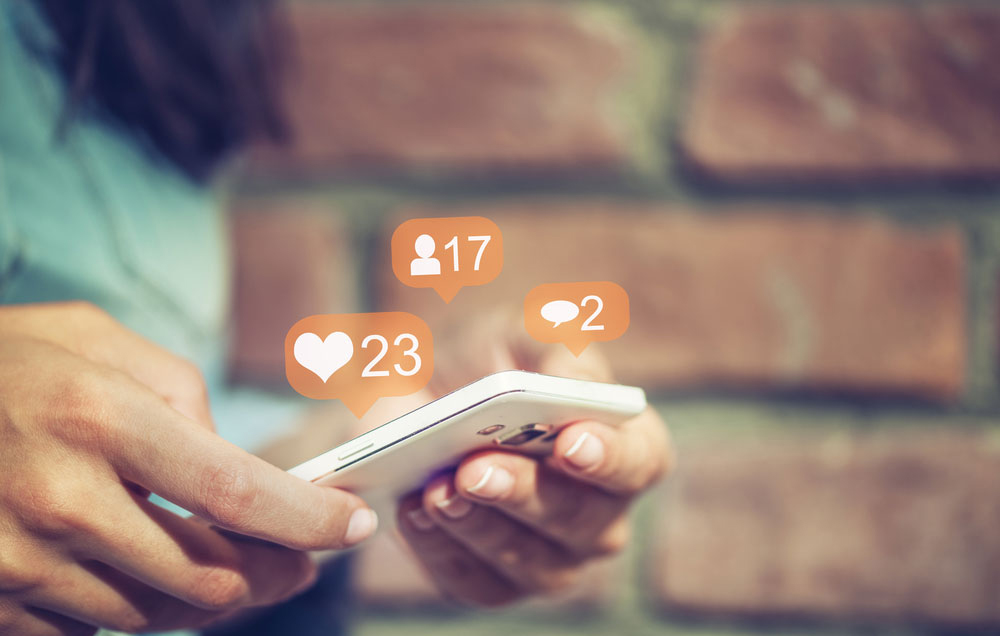How Does Social Media Really Affect Mental Health?
Millions of Americans use social media daily to communicate, share and learn. However, as these platforms become increasingly ubiquitous, questions about their impact on mental health have come to the forefront.
At Recovery Without Walls, we believe in examining the nuanced ways in which social media affects your well-being, recognizing its benefits and potential drawbacks.
The Pros and Cons of Social Media
Social media has proven to bring pluses and minuses.
- Connectivity: The internet breaks down geographical barriers, allowing friends and families to stay in touch across distances.
- Community support: Many people find friendship and understanding online, particularly those in stigmatized, marginalized or misunderstood communities.
- Awareness and advocacy: Platforms have become powerful tools for raising awareness about social justice issues and providing education on various topics.
- Comparison and envy: Constant exposure to idealized versions of others’ lives can lead to feelings of inadequacy and reduced self-esteem.
- Cyberbullying: The anonymity and reach of the internet can facilitate bullying, harassment and trolling, significantly impacting victims’ mental health.
- Information overload: The sheer volume of news, updates and notifications can lead to overwhelm and anxiety, complicating users’ ability to process information effectively.
Specific Ways Social Media Affects Mental Health
While social media platforms provide unparalleled opportunities for connectivity and community building, they have introduced or worsened several psychological challenges.
- Anxiety and depression: Studies suggest a correlation between heavy social media use and an increased risk of developing anxiety and depression symptoms.
- Disrupted sleep: Engaging with social media before bed can interfere with sleep quality due to blue light exposure and cognitive stimulation.
- Fear of missing out: Observing others’ activities can lead to FOMO, which might perpetuate feelings of loneliness and dissatisfaction.
Tips for Healthier Social Media Use
Mindful engagement with these powerful digital tools is crucial.
- Be intentional: Set specific times for checking platforms and stick to them to avoid aimless scrolling.
- Curate your feed: Follow accounts that educate and inspire you. Unfollow or mute those that trigger negative feelings or comparisons.
- Quality over quantity: Focus on cultivating more meaningful connections instead of superficially interacting with strangers. Whenever possible, choose face-to-face interactions to strengthen your relationships.
- Digital detox: Regularly schedule time away from social media to reconnect with the world around you and engage in activities that nourish your mind and body.
Be Responsible and Aware About Technology
The relationship between social media and mental health is complex and multifaceted. While these platforms can offer significant benefits by fostering connections and supporting advocacy, they also pose challenges that can adversely affect your mental well-being. At Recovery Without Walls, we advocate for a balanced approach to social media use that recognizes its potential to enrich and detract from your life.
You can harness the benefits of these digital tools and protect your mental wellness with healthier engagement strategies. If you need additional help, our integrative psychiatry services can allow you to achieve sustainable recovery. Contact us today to learn more about holistic healing in the San Francisco Bay Area.






